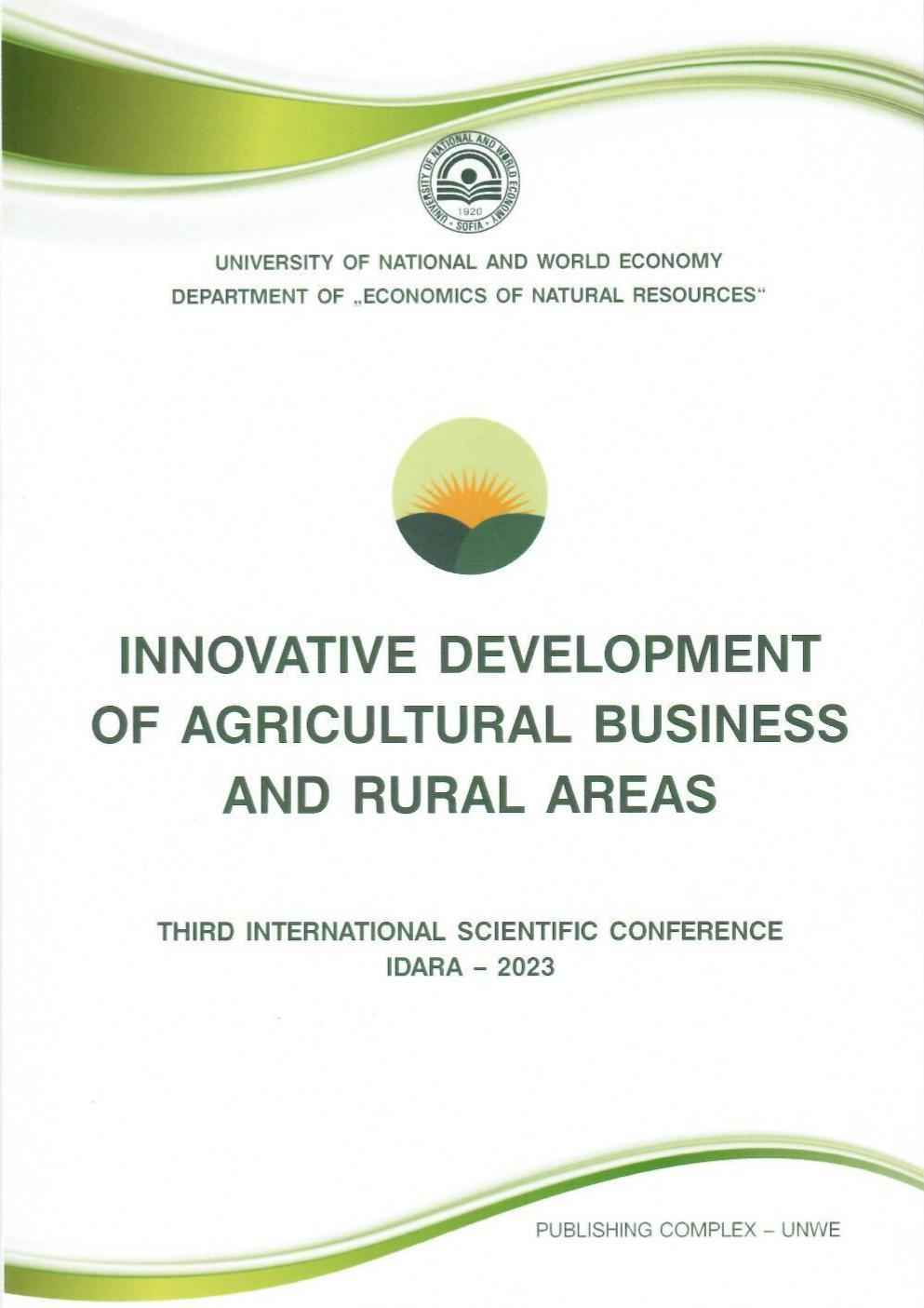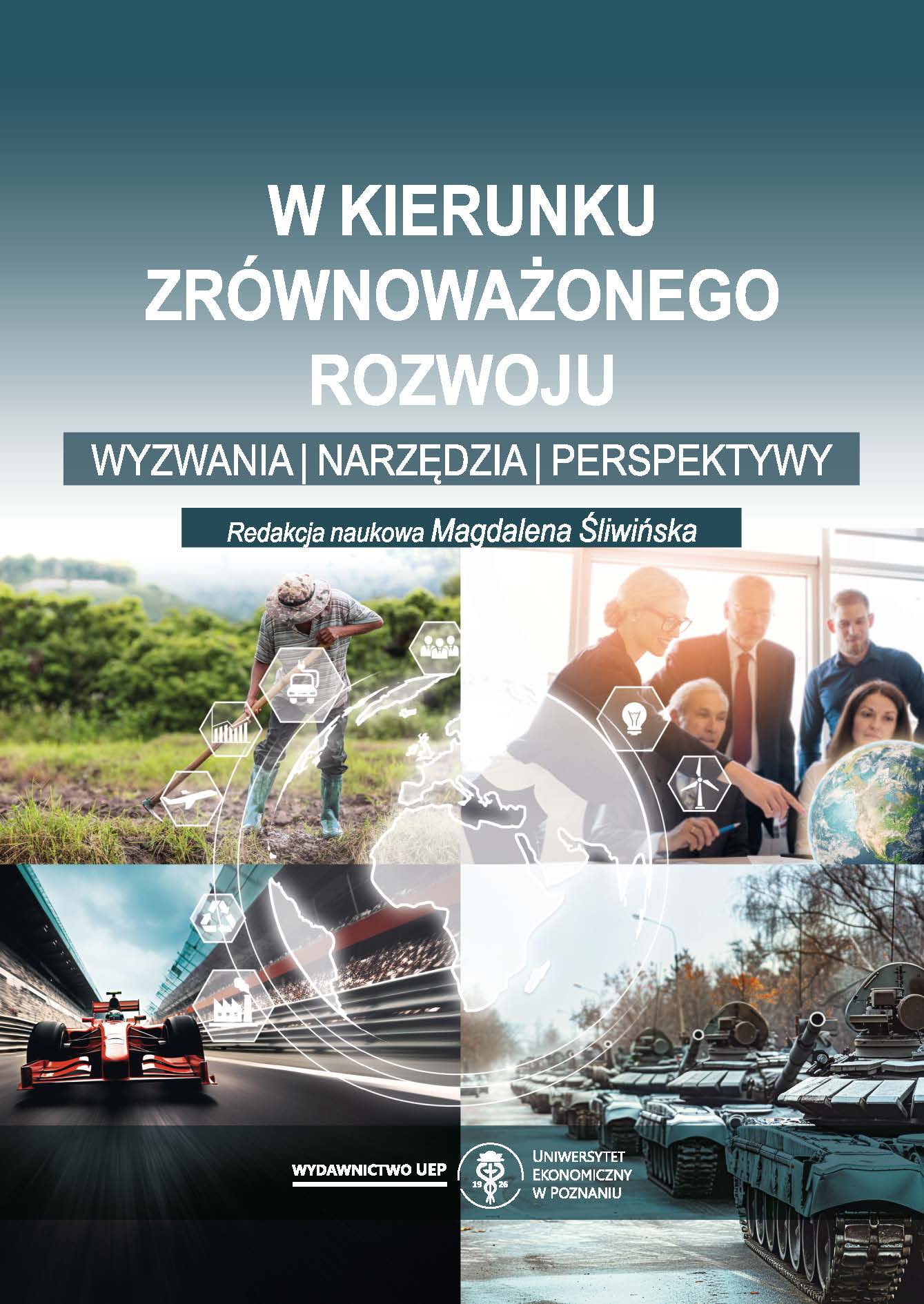
Levels Of Provision of Agroecosystem Services
Rural areas are characterised by high biological diversity. Farmers are both direct users of ecosystem services, but on the other hand management of agricultural land affects not only the economic outcome but also has an impact on the condition of agroecosystems. Farm activities and agroecosystems are interlinked. The more conserved and protected the ecosystem functions are, the higher the positive feedback on the farm and the surrounding ecosystems is. The provision of ecosystem services can take different forms – through private contracts, collective contracts, government payments, etc. In Bulgaria at the moment, the most common form of provision is through public payments or through ecological certification of organic products. However, private arrangements can also enhance this provision and secure a win-win scenario for both provider and buyer of ecosystem services. This study shows several case-studies on private arrangements with comparative analysis on several contract features. These examples show different levels of provision of ecosystem services. In some cases, both the efforts and the actual benefit are at the same level, for example an agricultural plot (pollination contracts). In other cases, an actual effort in the form of agri-environmental measure can take place in a certain farm holding, but the actual benefit can be seen somewhere else, for example downstream of a watershed catchment. And in some instances, the actual effort is used to compensate for someone else’s pollution activities (see carbon credit markets). Very often, a farm is a user of ecosystem services, both within and outside its physical boundaries. On the other hand, some ecosystem services require collective action to be effective and meaningful (most often this is the example of biodiversity conservation). There is still a controversy over what is the best form for providing ecosystem services from agriculture – through private contracting or through the traditionally used public provision. The answer is likely to be found in the nature of the ecosystem services themselves. If for an ecosystem service such as crop pollination it is easy to establish a buyer and seller of the service, there are clear benefits for both parties, and the price can be easily determined. For others such as biodiversity, all this is very difficult to be achieved. For this purpose, it is necessary to assess the most important features characterising a contract. The form of the contract is tightly connected with whether the environmental effort of the farmer is measurable or not. For some ecosystem services, like pollination the environmental result is easily monitored and measured. Where in other instances, like the watershed groundwater quality, monitoring is difficult or impossible. Therefore, different ecosystem services pose the need for different contract arrangements.Rural areas are characterised by high biological diversity. Farmers are both direct users of ecosystem services, but on the other hand management of agricultural land affects not only the economic outcome but also has an impact on the condition of agroecosystems. Farm activities and agroecosystems are interlinked. The more conserved and protected the ecosystem functions are, the higher the positive feedback on the farm and the surrounding ecosystems is. The provision of ecosystem services can take different forms – through private contracts, collective contracts, government payments, etc. In Bulgaria at the moment, the most common form of provision is through public payments or through ecological certification of organic products. However, private arrangements can also enhance this provision and secure a win-win scenario for both provider and buyer of ecosystem services. This study shows several case-studies on private arrangements with comparative analysis on several contract features. These examples show different levels of provision of ecosystem services. In some cases, both the efforts and the actual benefit are at the same level, for example an agricultural plot (pollination contracts). In other cases, an actual effort in the form of agri-environmental measure can take place in a certain farm holding, but the actual benefit can be seen somewhere else, for example downstream of a watershed catchment. And in some instances, the actual effort is used to compensate for someone else’s pollution activities (see carbon credit markets). Very often, a farm is a user of ecosystem services, both within and outside its physical boundaries. On the other hand, some ecosystem services require collective action to be effective and meaningful (most often this is the example of biodiversity conservation). There is still a controversy over what is the best form for providing ecosystem services from agriculture – through private contracting or through the traditionally used public provision. The answer is likely to be found in the nature of the ecosystem services themselves. If for an ecosystem service such as crop pollination it is easy to establish a buyer and seller of the service, there are clear benefits for both parties, and the price can be easily determined. For others such as biodiversity, all this is very difficult to be achieved. For this purpose, it is necessary to assess the most important features characterising a contract. The form of the contract is tightly connected with whether the environmental effort of the farmer is measurable or not. For some ecosystem services, like pollination the environmental result is easily monitored and measured. Where in other instances, like the watershed groundwater quality, monitoring is difficult or impossible. Therefore, different ecosystem services pose the need for different contract arrangements.
More...






